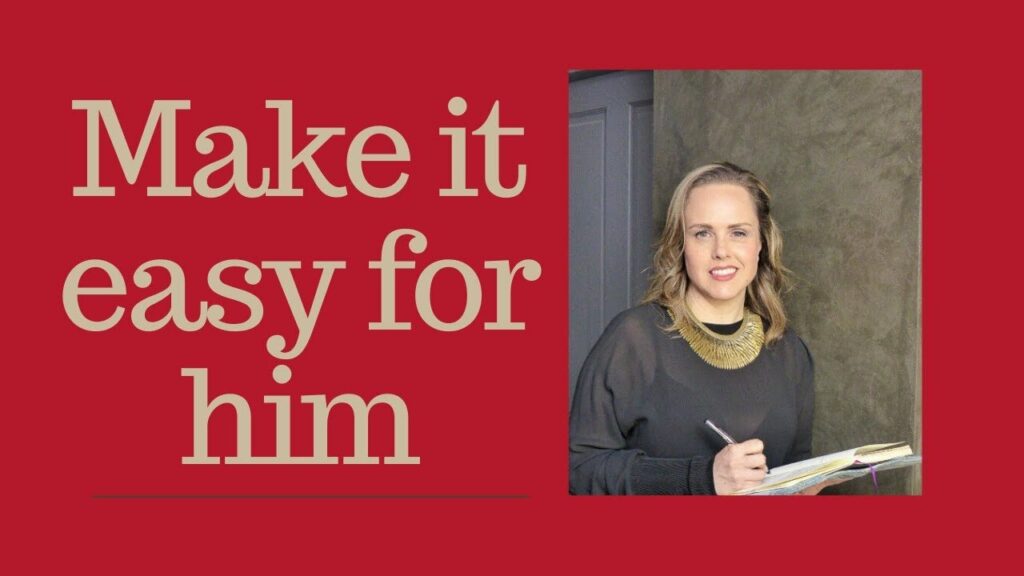It’s surprising how easily we can spiral into self-doubt—especially when we’re fixated on what we don’t know, or terrified of being exposed by someone who does. Overcoming self-doubt at work is a crucial step for many of my clients, as these intrusive thoughts often consume valuable energy and focus.
Instead of using that mental space for creativity or confidence, too many professionals ruminate over past conversations or dread upcoming meetings. Worse still, as I know from personal experience, self-doubt can even rob us of our sleep.
Why Overcoming Self-Doubt at Work Matters
Take Maria, a participant in my Peak Resilience Accelerator for individuals. In one of our sessions, we explored her mental saboteurs using the ‘Saboteur Discovery’ tool—something you can access through me as well. Maria identified as both a ‘Pleaser’ and a ‘Hyper-Achiever.’
Her goal for our work? To stop taking things so personally. Sound familiar?
Maria works primarily with men, and she frequently second-guesses herself after conversations—overanalysing remarks and doubting her own competence. This pattern persisted even when clear evidence showed she was doing her job exceptionally well. For Maria, overcoming self-doubt in the workplace became a non-negotiable.
The Fear of Not Knowing Everything
Ahead of an important presentation, Maria admitted she often felt ‘on-edge’, especially about being asked questions she couldn’t answer. Holding a senior technical role, she believed she needed to know everything.
I asked her to think of a time when her female mentor, Sinead, had been asked something she didn’t know. Maria smiled and recalled:
“Oh, Sinead just says: ‘That’s a great question, and while I don’t have the details to hand, I could get someone in my team to look into it. After all, I wouldn’t want to give you bad information.’”
I then posed a simple question: How would you feel if you saw the behaviour you fear showing, in someone else?
The Double Standard We Hold Ourselves To
Maria didn’t hesitate—she respected Sinead enormously. She didn’t view her response as a failure, but as smart leadership. She laughed at the idea of judging her mentor harshly, saying:
“Sinead can’t be expected to know all the details – that’s why she has a team!”
Then came the lightbulb moment. Maria realised she too had a capable team. As she put it:
“That’s why it’s called ‘teamwork’. She needs to rely on them, and given how senior Sinead is now, it clearly works!”
This shift in mindset was crucial in helping Maria start overcoming her self-doubt at work. She admired Sinead deeply and even admitted she might have left the organisation had it not been for role models like her.
The Power of Positive Role Models in the Workplace
I often hear similar sentiments from clients who either are the ‘Sineads’ of their workplace or are inspired by someone like her. These role models create aspirational team environments that motivate both women and men. That said, being a ‘Sinead’ can also come with heavy expectations.
In Maria’s case, using Sinead as a mental benchmark allowed her to ease the impossible standards she held for herself. If she wouldn’t expect perfection from someone she admired, why demand it of herself?
This is the essence of overcoming self-doubt at work—recognising when your inner critic is setting standards no one else would expect you to meet.
Building Stronger Teams Through Self-Belief
Maria’s experience reflects broader research showing that teams perform better when members have high Positive Intelligence scores. A confident mindset doesn’t just help individuals—it elevates entire teams.
If you’re ready to create a workplace where self-doubt doesn’t get the final say, I’d love to help you build a Peak Resilience Accelerator (PRA) group tailored to your team.
You can reach me directly at to learn more.
Resources
1. Saboteur Assessment by Positive Intelligence
This free assessment helps individuals identify their internal saboteurs—negative thought patterns that undermine confidence and performance. By recognizing these saboteurs, professionals can begin to manage and reduce self-doubt effectively.Positive Intelligence+7grandmagazine.com+7Log in or sign up to view+7
Reference: Positive Intelligence
2. “3 Tips for Conquering Self-Doubt at Work” – Kellogg Insight
This article provides practical strategies for overcoming self-doubt, such as leveraging the confidence of colleagues and reframing negative thoughts. It’s a concise guide that complements the themes discussed in your blog post.
Reference: Kellogg Insight
3. “Overcoming Imposter Syndrome: How To Navigate Self-Doubt at Work” – Thrive4Life
This resource offers actionable advice on combating imposter syndrome, including practicing positive self-talk and seeking mentorship. It’s particularly useful for readers who resonate with Maria’s experiences in your post.Thrive4Life+1Wikipedia+1
Reference: Thrive4Life



